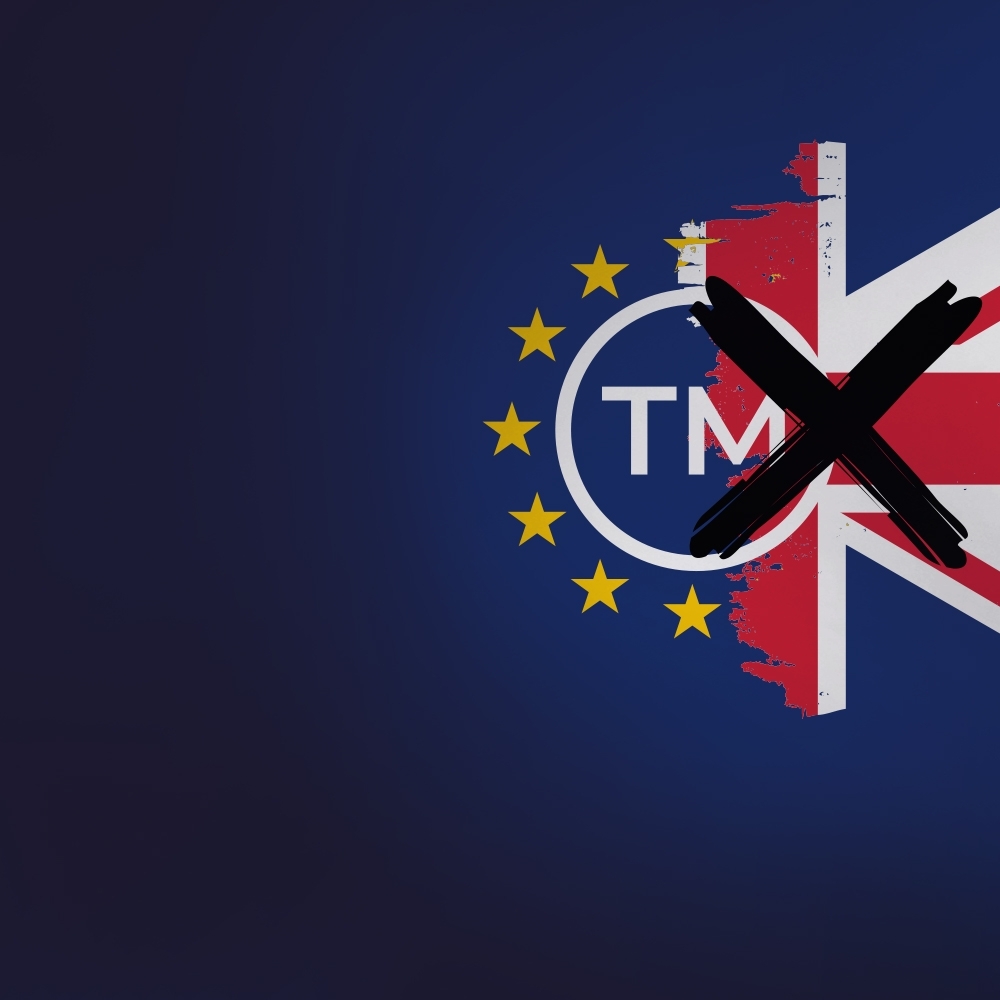10.01.2022
Choosing a unique trade mark is important in any field; however, the pharmaceutical industry features some unique trade mark challenges.
Thank you
Pharmaceutical products can often attract patent protection. This affords the owner a monopoly in that product; however, the monopoly will only last a fixed period, after which it is open season for competitors. Choosing a strong, resilient brand name will help foster brand loyalty and encourage customers to continue purchasing your product even when other (potentially cheaper) products have become available. Obtaining a trade mark registration for your brand name allows you to stop other businesses cashing in on your brand loyalty/success. It also affords protection against inferior products tainting your hard-earned brand recognition.
Pharmaceutical trade marks require regulatory approval. In the UK, the appropriate body is the Medicines and Healthcare Products Regulatory Agency (MHRA). The MHRA will reject a proposed pharmaceutical brand name if they believe that: (i) consumers will confuse the chosen name with the name of an existing medicine; (ii) the chosen name is misleading; or (iii) the chosen name is considered unsafe. Regulatory approval is required before a pharmaceutical product can be sold under the chosen name.
The MHRA’s assessment of the trade mark is entirely separate to the assessment undertaken by the UK Intellectual Property Office (UKIPO) if/when a UK trade mark application is filed. The UKIPO will reject a trade mark application if it considers the mark descriptive or non-distinctive (e.g. “strong medicine” or “cough mixture plus”) – such terms are to be kept free for all to use. If the UKIPO decides that the brand name meets this threshold it will publish it for opposition purposes – this is where an objection can be brought by the owner of an earlier conflicting right. It is strongly advisable to conduct a trade mark search prior to selecting a brand name so that you have an idea of the risk profile of the mark and the likelihood of a third party objection being raised.
A trade mark registration is generally valid for 10 years and can be renewed for successive 10 year period, potentially indefinitely. However, bear in mind that ownership of a trade mark registration does not give you the right to sell a pharmaceutical product under the registered name, regulatory approval is required for that.
Recommendations in light of the above:

27.08.2025
Leading the way in life sciences IP: Q&A with Laura KehoeKeltie is rated as ‘Outstanding’ in the 2025 WIPR UK Patents Rankings. This ranking recognises the top firms in UK patent law for their expertise, reputation and client service. This is a powerful endorsement of Keltie’s expertise in supporting innovation across a wide range of sectors, including life sciences, chemistry, software and engineering. Keltie’s team has long been known for its collaborative, commercially grounded approach to IP, and this ranking is a reflection of that continued success.

10.11.2025
Cloned UK Trade Mark Rights - Deadline CloseIf a cloned UK trade mark right is challenged for non-use, use of that mark in the EU currently counts towards demonstrating genuine use. However, this will not be the case for much longer. From 31 December 2025, owners of cloned UK trade mark rights must show genuine use in the UK only to maintain a challenged right as use in the EU will no longer be relevant.
Thank you